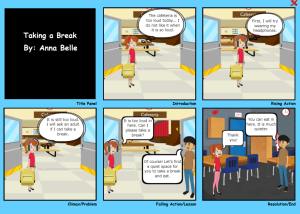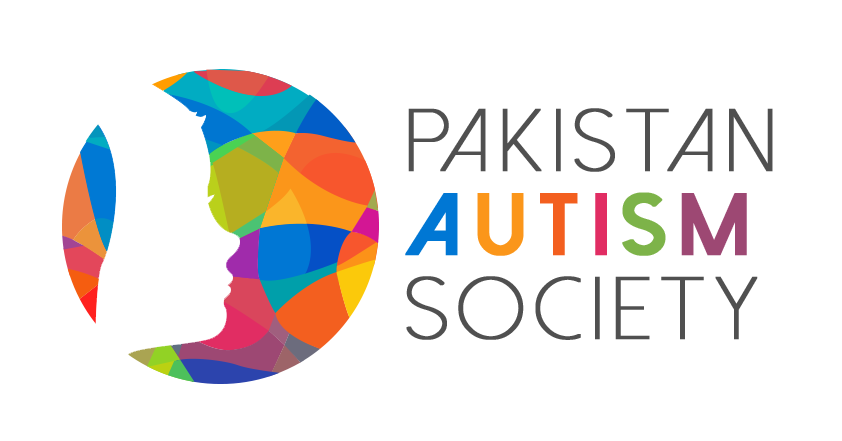Autism Spectrum Disorder (ASD) is a neurodevelopmental condition that affects social interaction, communication, and behavior. People with ASD experience difficulties in social interactions, such as making eye contact, understanding social cues, initiating or maintaining conversations, and making friends. These challenges can cause significant problems in both personal and professional relationships.
In this article, we will explore the relationship between autism and social interaction. We will discuss the challenges that people with ASD face in social situations and examine some strategies that can help them overcome these challenges. We will also highlight some of the benefits of social interaction for people with autism and discuss the importance of early intervention.
Key Learning:
- Autism: challenges in social interactions.
- Social skills training develops specific skills.
- Visual supports (e.g. stories) aid understanding.
- Supportive environments encourage interaction and confidence.
- Social interaction is crucial for overall well-being.
- Early intervention leads to significant improvement.
- Parents, caregivers, and educators provide crucial support.
- Strategies and support lead to fulfilling lives.
Challenges in Social Interaction:
People with autism often experience difficulties in social interactions. For example, they may have difficulty with nonverbal communication, such as making eye contact, interpreting facial expressions, and understanding body language. They may also have difficulty understanding social cues and following social rules, such as taking turns in conversation or sharing interests with others.
Additionally, people with autism may have difficulty initiating or maintaining conversations. They may struggle to express their thoughts and feelings, and may have a limited range of topics they can discuss. As a result, they may have trouble making friends and building relationships with others.
One example of a person with autism who faces these challenges is Ammar, Ammar is a 12-year-old boy with autism who struggles with social interactions. He has difficulty making eye contact with others and often misses social cues. He also struggles to initiate and maintain conversations and has trouble making friends.
Strategies for Overcoming Social Interaction Challenges:
Although people with autism face significant challenges in social interactions, there are some strategies that can help them overcome these challenges. One such strategy is social skills training. Social skills training involves teaching individuals with autism specific social skills, such as making eye contact, interpreting social cues, and initiating and maintaining conversations.
Another strategy is using visual supports, such as picture schedules or social stories, to help individuals with autism understand social situations. For example, a social story might describe a typical conversation between two people, including the rules for taking turns and staying on topic.
Finally, it is important for individuals with autism to have opportunities for social interaction in supportive environments. For example, joining a social skills group or participating in a structured activity, such as a game or a craft project, can provide opportunities for social interaction in a safe and supportive environment.

Benefits of Social Interaction for People with Autism:
Although social interaction can be challenging for people with autism, it is also incredibly important for their development and well-being. Social interaction can help individuals with autism develop communication skills, build relationships, and increase their self-confidence.
For example, by participating in social skills groups or engaging in structured activities, individuals with autism can practice their communication skills and learn to initiate and maintain conversations. They can also develop social relationships and learn to work with others in a group setting.
Finally, social interaction can help individuals with autism increase their self-confidence and sense of belonging. By participating in social activities and building relationships with others, they can develop a sense of identity and purpose.

Importance of Early Intervention:
Early intervention is crucial for individuals with autism who struggle with social interactions. Research has shown that early intervention can lead to significant improvements in social skills and communication, as well as overall development and well-being.
One example of an effective early intervention program is the Early Start Denver Model (ESDM). ESDM is a comprehensive, evidence-based intervention program for children with autism that focuses on improving social interaction, communication, and behavior. Studies have shown that children who receive ESDM have significant improvements in social skills and communication.
Conclusion:
In conclusion, social interaction is a significant challenge for individuals with autism. However, with the right strategies and support, individuals with autism can learn to overcome these challenges














